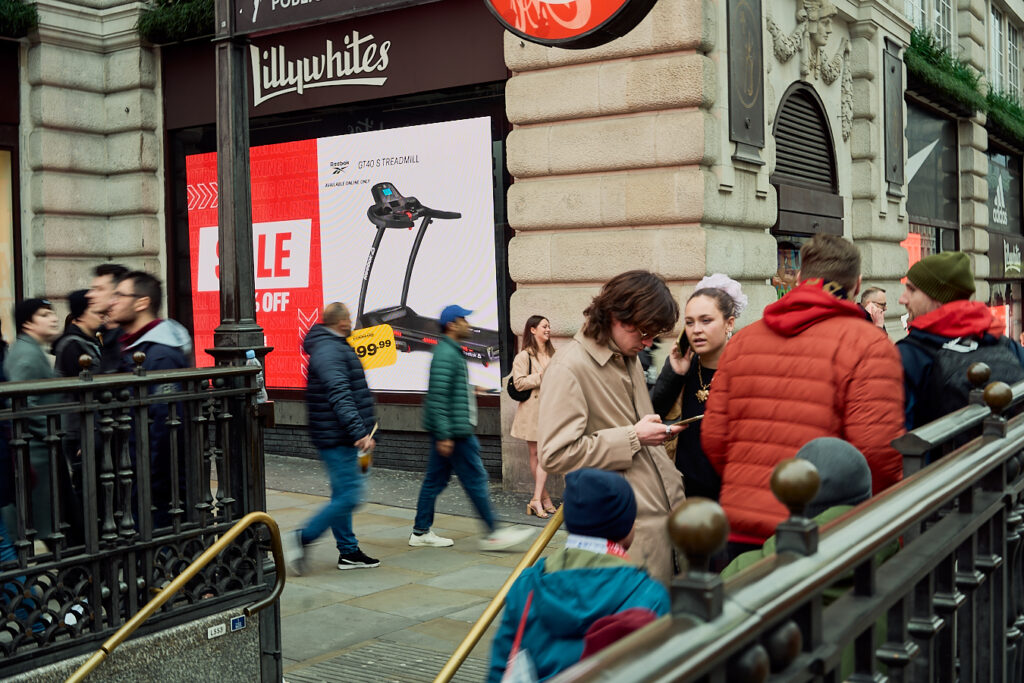Issue 2
3 Ideas for the Creative Mind
1.
As creatives our relationship with success is important. If we walk this path for the money, which has become our modern-day preoccupation, we will surely fail. American Composer Jonathan Larson first conceived of the musical Superbia in 1983, producing and adapting it from 1984 onward. Despite winning many awards it never went into full production.
Larson then went on to produce Tick, Tick… Boom! (currently on Netflix) in 1991 which also had limited production success during his lifetime.
Between 1990 and 1996 Larson wrote and worked on bringing his musical Rent to production. He died two days before the off-broadway performance. Rent went on to become a Broadway hit which ran for twelve years and won multiple awards.
By all accounts, Larson never conceived that his work would be this successful. He just woke up every day and did what he loved to do – write songs.
Jonathan Larson knew what his passion was – that which mattered deeply to him. This allowed him to see money as a means to and stay committed to his craft. In the absence of this kind of passion we tend to substitute money; because its easy and has the veneer of respectability.
2.
The first idea sounds an awful lot like the oft repeated trope “A quitter never wins and a winner never quits” – i.e. quitting is for losers. Fortunately, this is not true.
Quitting is the best strategy when our future self will be better off pursuing a different project than our past self. Unfortunately quitting becomes harder the more time and effort we have invested in that canvas, lyric or image.
It follows that the quicker you quit the easier it is. Watch-out for cues that a goal is unattainable; that you are doing something that is not authentic; or, that you are continuously stressed or unhappy. It helps to think about what your creative practice would be like without that project in it; you might find that it is not so disagreeable!
Johnathan Larson did not quit being a composer. He choose to move on from one stalled project to another one. He stuck with it because he had chosen his talent and could not imagine his future self as being better-off doing something else.
3.
Another cliche is that of the starving artist. This does not have to be our reality. Full-time artists can mix commercial work with their creative practice or take on a side hustle that pays the bills.
Both approaches require compromise and good habits in terms of how we spend our time. The approach you choose needs to sustain you and be sustainable. This is why it is gimportant to think clearly about your habits and watch for clues that indicate that it is time to make a change.
In the Spotlight

The day was long, I was distracted and the weather was chilly and wet. I stuck with it because I trusted my instincts and, importantly, because I love what I do.